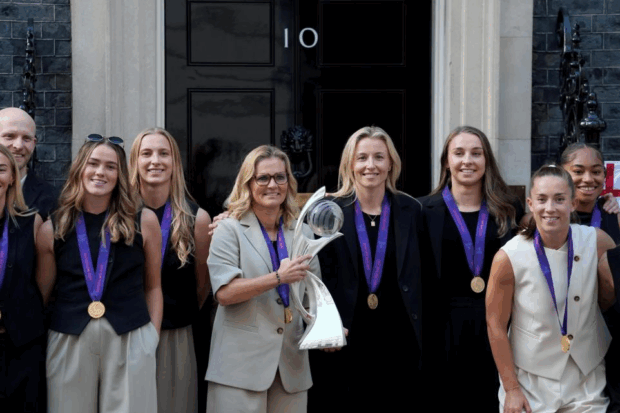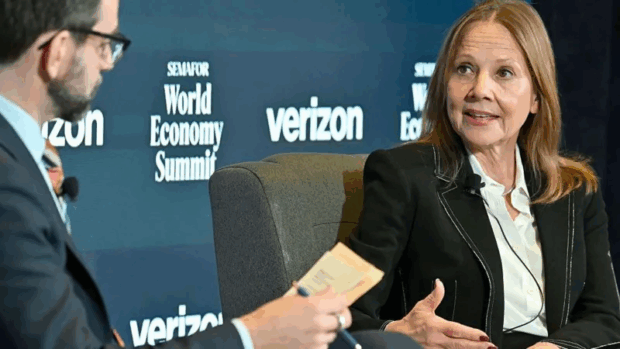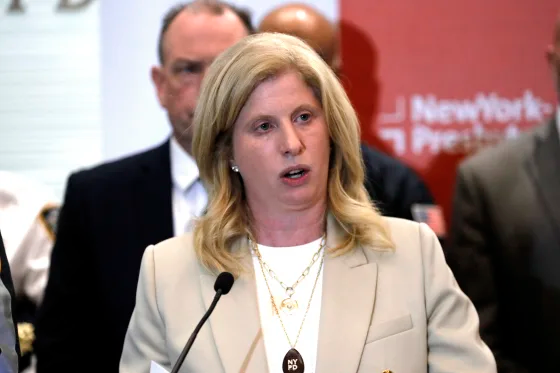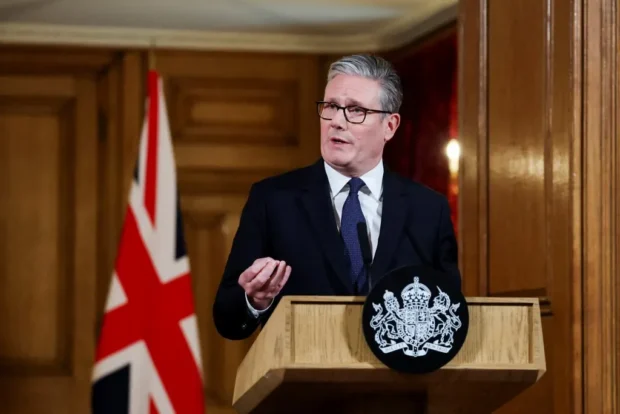
The Government has announced significant changes to its welfare reform proposals ahead of a crucial parliamentary vote next week, following widespread criticism of what opponents labeled a “two-tier” system for Personal Independence Payment (PIP) recipients.
Health Secretary Wes Streeting expressed confidence that the Government would secure victory in the upcoming vote, stating that the modifications “have put us in a much better position” and provide “peace of mind” to current PIP recipients.
The original welfare package proposed restricting PIP eligibility across all recipients, but the Government has now revised its approach. Following pressure from backbench MPs and the threat of a rebellion, the changes will now apply only to new applicants, protecting existing recipients from reassessment.
Streeting defended this approach as standard practice for policy transitions, comparing it to changes in student finance systems. “When things change and evolve as you bring in new systems, it does change sometimes from group to group,” he told the BBC’s Sunday With Laura Kuenssberg programme.
The Health Secretary indicated openness to further modifications, saying “we’ve got to listen” when asked about additional concessions on PIP reforms.
However, criticism continues from various quarters. Unite general secretary Sharon Graham called for the Government to abandon the Bill entirely, describing the latest proposals as “divisive and sinister.” She argued that “creating a two-tier system where younger disabled people and those who become disabled in the future will be disadvantaged and denied access to work and education, is morally wrong.”
Disabled Labour MP Olivia Blake also criticized the changes, telling The Guardian that the proposals had been “plucked from the air” and could create “an unethical two-tier system that treats two people with the exact same injury or illness differently.”
Despite the criticism, Streeting maintained that the revisions ensure current PIP recipients have “peace of mind” knowing their situations remain protected.
Labour MP Louise Haigh indicated she would support the Welfare Bill but emphasized the need to see complete details of the new plans on Monday. The former Cabinet minister suggested this moment represents an opportunity for the Government to “reset” its relationship with the public and adopt different approaches to economic policy and political strategy.
Prime Minister spoke at the Welsh Labour conference on Saturday, stating that the “broken” welfare system requires fixing “in a Labour way.”
Under the revised proposals, PIP changes will take effect in November 2026, applying exclusively to new claimants. Additionally, all existing recipients of the health-related element of universal credit will have their incomes protected in real terms. The original plans had proposed restricting PIP eligibility and cutting the health-related element of universal credit, with existing recipients facing a 13-week phase-out period.
The concessions protect approximately 370,000 current PIP recipients who would have faced reassessment under the original proposals. While Ministers initially hoped the reforms would encourage workforce participation and generate savings of up to £5 billion annually, the concessions have left Chancellor Rachel Reeves requiring alternative funding sources, potentially indicating tax increases in the autumn budget.














Be the first to leave a comment